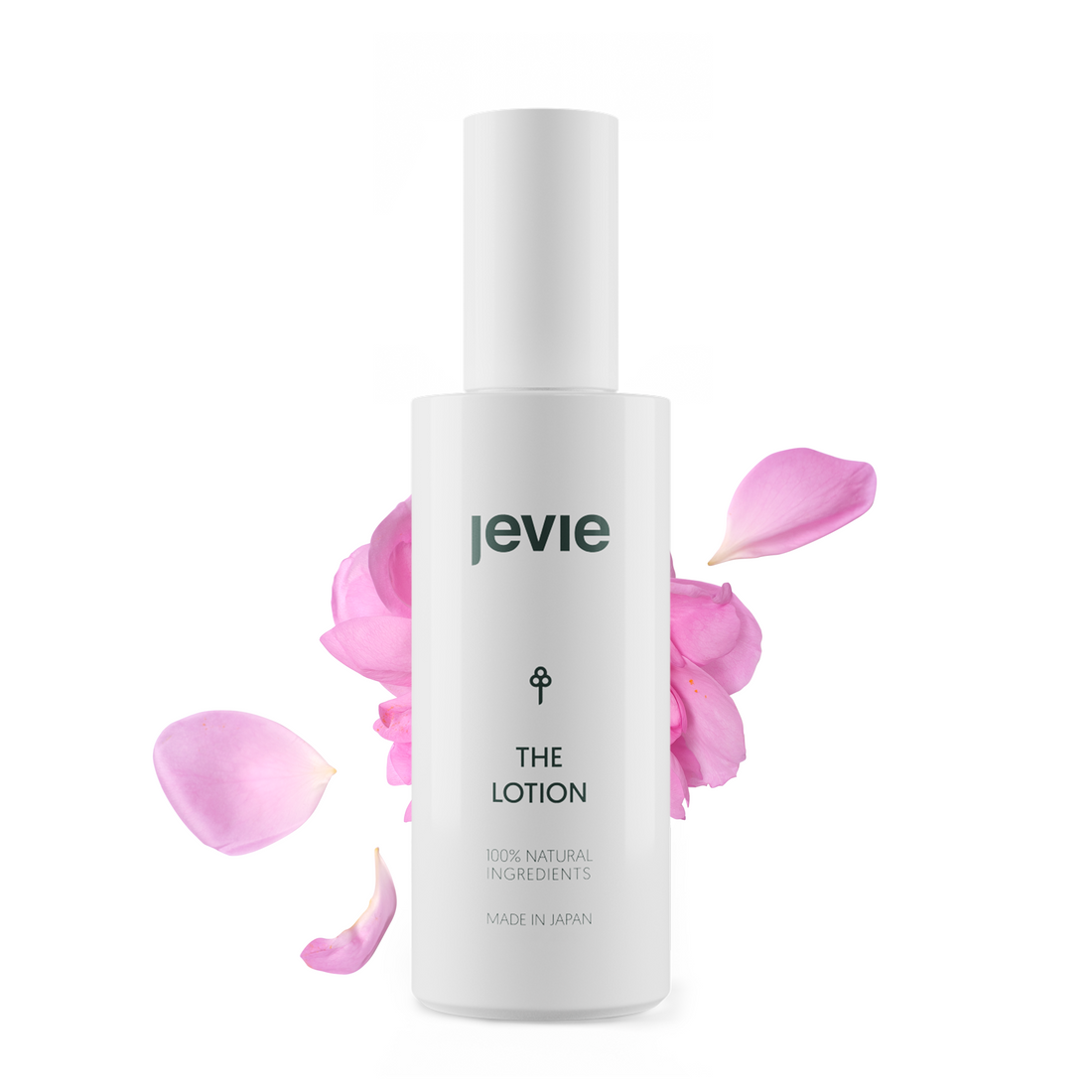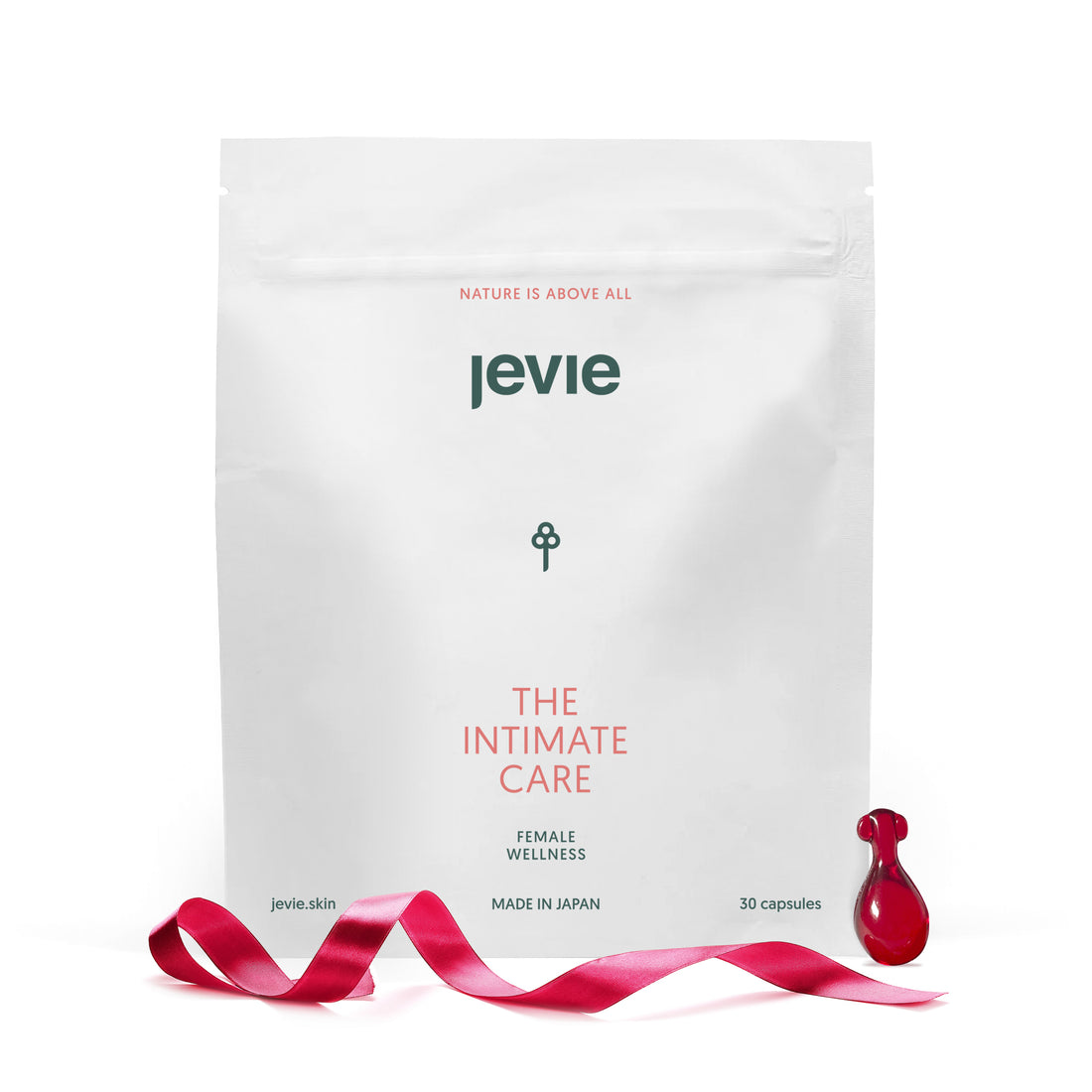When shopping for dietary supplements, it's common to flip the bottle around and scrutinize the nutritional facts, comparing contents and quantities as if we're picking the best fruit based on its size and color. However, this approach misses a crucial aspect of what makes a supplement truly beneficial. It's not just the numbers that matter; the source of these nutrients—whether they are natural or synthetic—plays a significant role in their effectiveness and how our bodies use them.
Natural nutrients come with a suite of extra helpers—like enzymes and co-factors—that have been fine-tuned over millions of years of evolution. These components work together in harmony, making the nutrients more recognizable and usable by our bodies. In contrast, synthetic nutrients might mimic the primary structure of natural ones but lack this supportive network, which can affect their absorption and utility in our system.
To think of it another way, imagine listening to a full orchestra versus a single, synthesized note. Both might play the same tune, but the depth and richness of the orchestra offer a completely different experience. Similarly, natural supplements provide a complex, synergistic mix that our bodies are inherently tuned to recognize and utilize efficiently, thanks to millions of years of evolutionary adaptation.
Choosing quality over quantity means looking beyond just the milligrams on a label. A smaller amount of a natural nutrient, already in tune with our physiological needs, can be far more effective than a larger dose of its synthetic counterpart.
How to Spot Synthetic Ingredients
To distinguish natural from synthetic supplements, consider these streamlined tips:
- Whole Food Sources: Natural supplements often list their sources, like "vitamin C from acerola cherry."
- Plant-Based Labels: "Plant-based" hints at natural origins.
- Wild Grown or Organic: These terms suggest ingredients are closer to their natural state, free from synthetic processes.
- Look for Specific Phrases: Terms like "naturally sourced" or "extracted from" indicate natural ingredients.
- Brand Philosophy: Researching a brand's commitment to natural ingredients can guide your choice.
- Simplicity in Ingredients: Complex or unfamiliar names may warrant further investigation to confirm their nature.
Ultimately, opting for natural supplements is not just a personal health choice but a nod to the intricate connection between us and the natural world. It's a way of acknowledging that the most effective way to nourish our bodies is through the very essence of life that has sustained us through the ages. By choosing wisely, we're not only supporting our own health but also embracing an approach that respects the planet and the legacy of billions of years of evolution.









